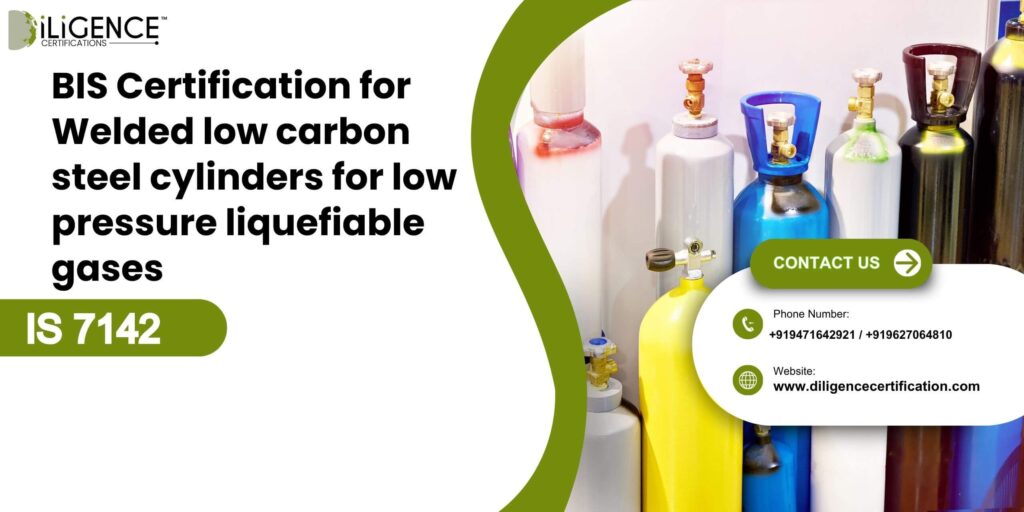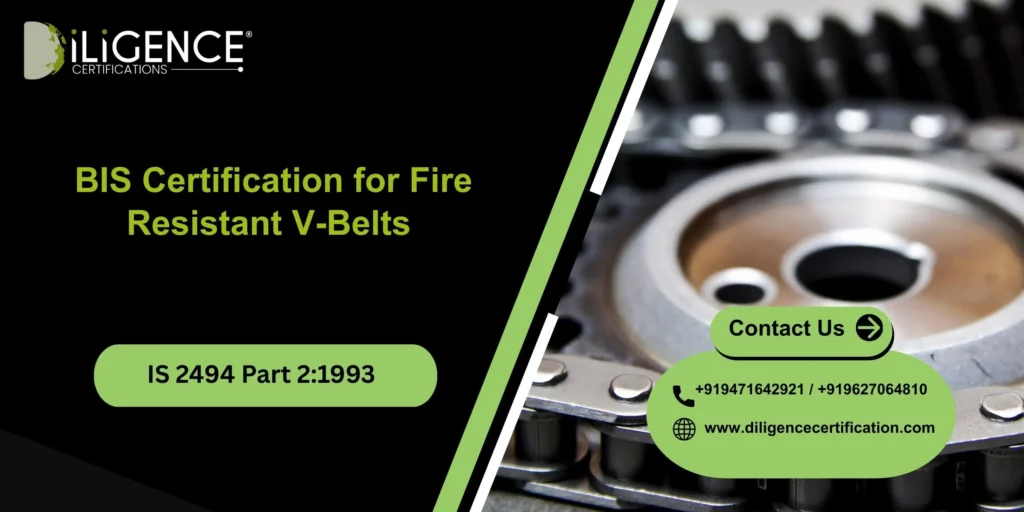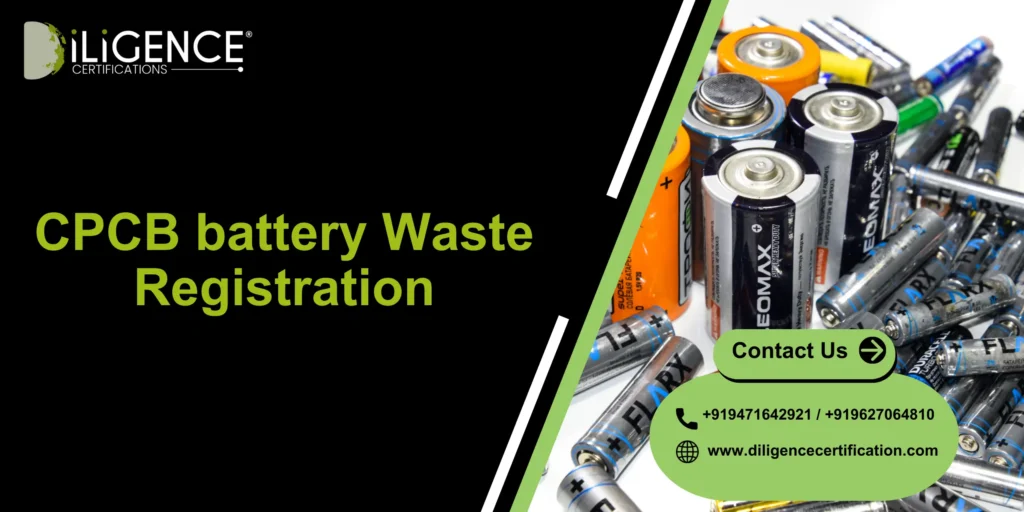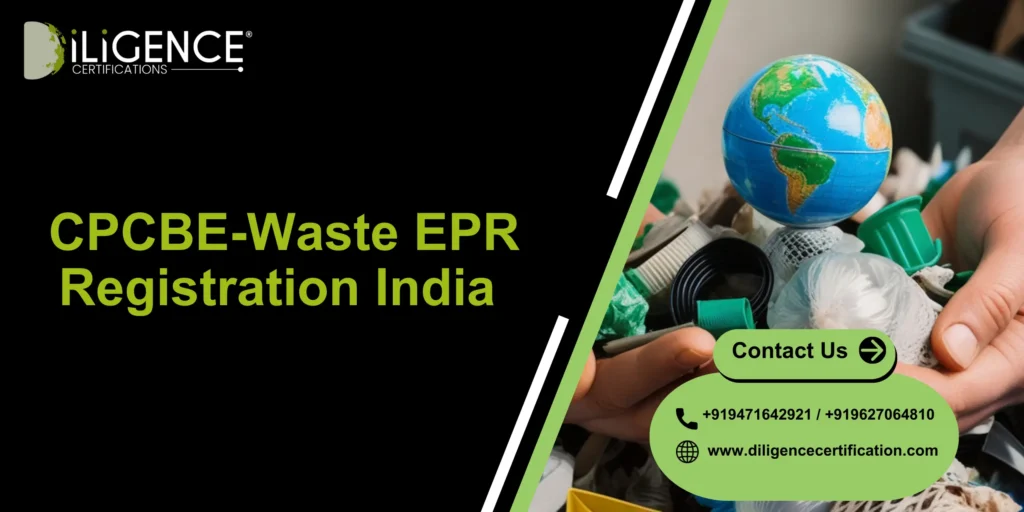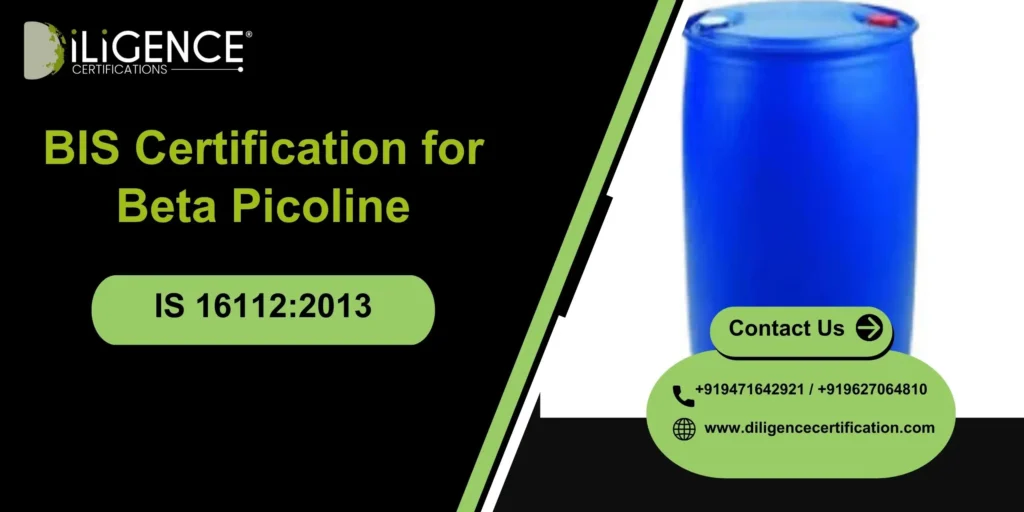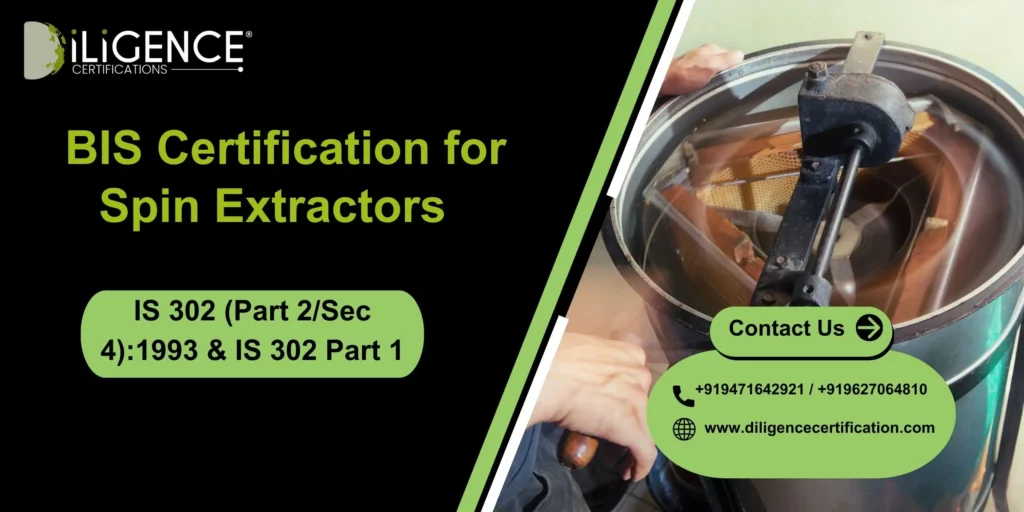- In India, the process of obtaining BIS Certification for Welded low carbon steel cylinder is a requirement for cylinders of ≤5 litres water capacity under IS 7142.
- Certain requirements must be met, including compliant materials, welding, and heat-treatment in accordance with IS 7142.
- Testing of the cylinders must be completed under IS 7142; hydrostatic testing, pneumatic leak testing, and burst testing must all be adhered to under IS 7142.
- Cylinders must be marked permanently with the details required from IS 7142.
- Certification assures safety, legality and enhanced acceptance in the marketplace.
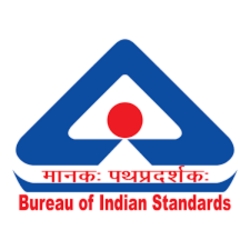
Introduction
Manufacturers of small welded low carbon steel cylinders in India usually think applying good workmanship and visual inspection is sufficient to attain acceptance. When they meet their criteria to supply cylinders used for low-pressure liquefiable gasses (like CO₂ or refrigerants) they find it is actually regulatory in nature that prevents them from finding acceptance. Any welded low carbon steel cylinder with a water capacity of 5 litres or less requires valid BIS Certification under IS 7142. Bureau of indian standards
What is BIS Certification for Welded low carbon steel cylinders for low pressure liquefiable gases
BIS certification for welded low carbon steel cylinders for low pressure liquefiable gases (≤5 litres water capacity) ensures that such cylinders are produced in compliance with IS 7142 safety and quality requirements. This means that the steel material, weld quality, and pressure-retaining capabilities have all been tested, inspected and certified before these cylinders can be sold or used to be sold in India.
Key Points
- Compulsory certification as per Indian Standards for legal supply
- Limited to ≤5 litre welded steel cylinders for low-pressure liquefiable gases
- Includes: safety, pressure testing, marking, traceability
- Provides assurance to industrial gas customers and authorities
What is IS 7142?

IS 7142 is published by the Bureau of Indian Standards and defines design and manufacture limitations for welded low carbon steel cylinders for low pressure liquefiable gases with water capacity not exceeding 5 litres. The intention is to control the cylinder’s Material, welding quality, heat treatment and testing thoroughly so that every unit is deemed safe to handle gaseous materials such as CO₂ or refrigerants and legally compliant in India.ISI MARK
Key Points
- Compulsory certification as per Indian Standards for legal supply
- Limited to ≤5 litre welded steel cylinders for low-pressure liquefiable gases
- Includes: safety, pressure testing, marking, traceability
- Provides assurance to industrial gas customers and authorities
Why BIS Certification Mandatory for Welded low carbon steel cylinders for low pressure liquefiable gases
BIS certification is mandatory for welded low carbon steel cylinders used for low-pressure liquefiable gases up to 5 litres because any failure in these cylinders can lead to gas leaks, fire risk or explosions. The mandatory certification ensures that every cylinder has been designed, welded, tested and marked according to IS 7142 so products entering the Indian market are safe, reliable and traceable. It also prevents unregulated or sub-standard cylinders from being sold.
Key Points
- Mandatory for legal manufacturing and sale in India
- Protects users by enforcing strict safety and quality controls
- Verifies material grade, welding and heat-treatment compliance
- Confirms proper testing: hydrostatic, leak and burst tests
- Builds buyer confidence through the BIS Standard Mark
Importance & Benefits of BIS Certification
Importance | Benefits |
| Ensures safety of cylinders storing low-pressure liquefiable gases | Reduces risks of leakage, bursting and accidents |
| Required for legal manufacturing and sale in India | Allows smooth market access and regulatory compliance |
| Confirms product meets IS 7142 quality standards | Builds stronger customer trust and purchasing preference |
| Enforces proper design, welding, and testing controls | Improves overall product quality and consistency |
| Maintains traceability and accountability in production | Lowers defects, rework costs and warranty issues |
Step by Step process of BIS Certification

Step1: Documentation
- Collect drawings, material specs and welding procedures
- Maintain traceability and QC records
- Prepare calibration and audit documents
Step2: Product Testing
- Conduct type and routine tests as per IS 7142
- Use NABL-approved labs and calibrated equipment
- Ensure complete test reports with pass criteria
Step3: Application Submission
- Submit BIS application with all technical documents
- Define product scope clearly (≤5 L cylinders)
- Pay required fees and attach declarations
Step4: Scrutiny & Inspection
- BIS reviews documents and verifies compliance
- Factory inspection for welding, testing and markings
- Close any non-conformity quickly with evidence
Step5: Grant of Licence
- Receive BIS Standard Mark approval
- Follow marking rules and surveillance inspections
- Maintain compliance for renewals and future expansions
Documents Required for BIS Certification
| Category | Documents Required |
| Factory Details | Factory licence, layout, machinery list |
| Technical Data | Design drawings, material specs |
| Production Controls | Welding and heat-treatment procedure records |
| Quality System | Calibration records, QC and inspection reports |
| Testing Compliance | Type test reports from BIS/NABL lab |
| Traceability | Raw material certificates and batch records |
| Legal Requirement | Trademark authorization, BIS application forms |
Timelines, Costs, Validity & Renewal
- Timeline: 4–6 months for approval
- Costs: Application, testing, inspection and marking fees
- Validity: 2 years licence
- Renewal: Before expiry with updated compliance and fees
Why Choose Diligence Certifications
- Strong expertise in BIS certification for gas cylinders, welding and pressure equipment
- Fast coordination with labs and BIS officials to reduce delays and re-testing
- End-to-end support: documentation, testing, inspection readiness and licence grant
- Transparent costing with no hidden fee and dedicated project manager
- Proven track record with leading gas and industrial cylinder manufacturers in India
Conclusion
BIS certification for welded low carbon steel cylinders for low pressure liquefiable gases at or below 5 litre water capacity is not simply a regulatory check list in India. It is an important safety provision to ensure that every cylinder entering the market, whether small or not, has undergone testing for pressure containment, leak prevention and safe performance during its usable life. Approval by BIS asserted through IS 7142 or approved process provides manufacturers with legal protection, marketing credence and the trust of industrial and commercial customers. Enterprises aspiring to growth in the gas equipment employment are making one of the smartest moves possible in expanding supply, building credibility, ensuring acceptance and confidence across the country by acquiring BIS certification.
Frequently Ask Questions
Is BIS Certification compulsory for welded low carbon steel cylinders up to 5 litres?
Yes. All welded steel cylinders intended for low pressure liquefiable gases with water capacity of ≤5 litres must possess BIS Certification in accordance with IS 7142 if they are to be sold in India.
What standard governs these cylinders?
IS 7142 addresses requirements for design, material, manufacturing, testing and markings for these types of cylinders.
What gases are typically stored in these types of cylinders?
Low pressure liquefiable gases, for example carbon dioxide (CO₂) and certain refrigerants.
Can a manufacturer begin manufacturing before certification?
No, a BIS licence is required before any manufacture for commercial supply can take place.
How long does BIS Certification take?
The timeframe can vary, but it varies from 4–6 months on average. This includes testing and BIS Inspection.
Where must testing take place?
Testing must be undertaken in a BIS approved or NABL accredited laboratory under IS 7142 as per Type testing.
Is any marking required?
Yes. There are permanent markings required, including IS number, manufacturer code, water capacity and test pressure.
How long is the BIS licence valid for?
Generally for 2 years, before you have to renew it.
Does BIS Certification apply to imported products under 5 litres?
Yes. Imported products must comply with IS 7142 and have BIS approval prior to selling in India.
Who can we use to assist with the documentation or application?
You can use an authorised consultant, such as Diligence Certifications.






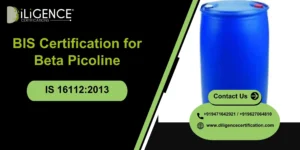
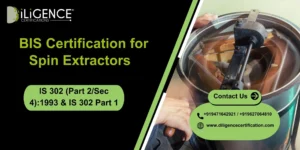
 BIS Certification
BIS Certification
 CDSCO
CDSCO
 CPCB
CPCB
 LMPC
LMPC
 WPC Approval
WPC Approval
 Global Approvals
Global Approvals
 TEC
TEC
 ARAI
ARAI
 BEE
BEE
 ISO Certification
ISO Certification
 Drone Registration
Drone Registration
 NOC For Steel
NOC For Steel



















 Business Registration
Business Registration















 Legal Services
Legal Services
 Trademark Registration
Trademark Registration
 Copyright Registration
Copyright Registration
 Patent Registration
Patent Registration
